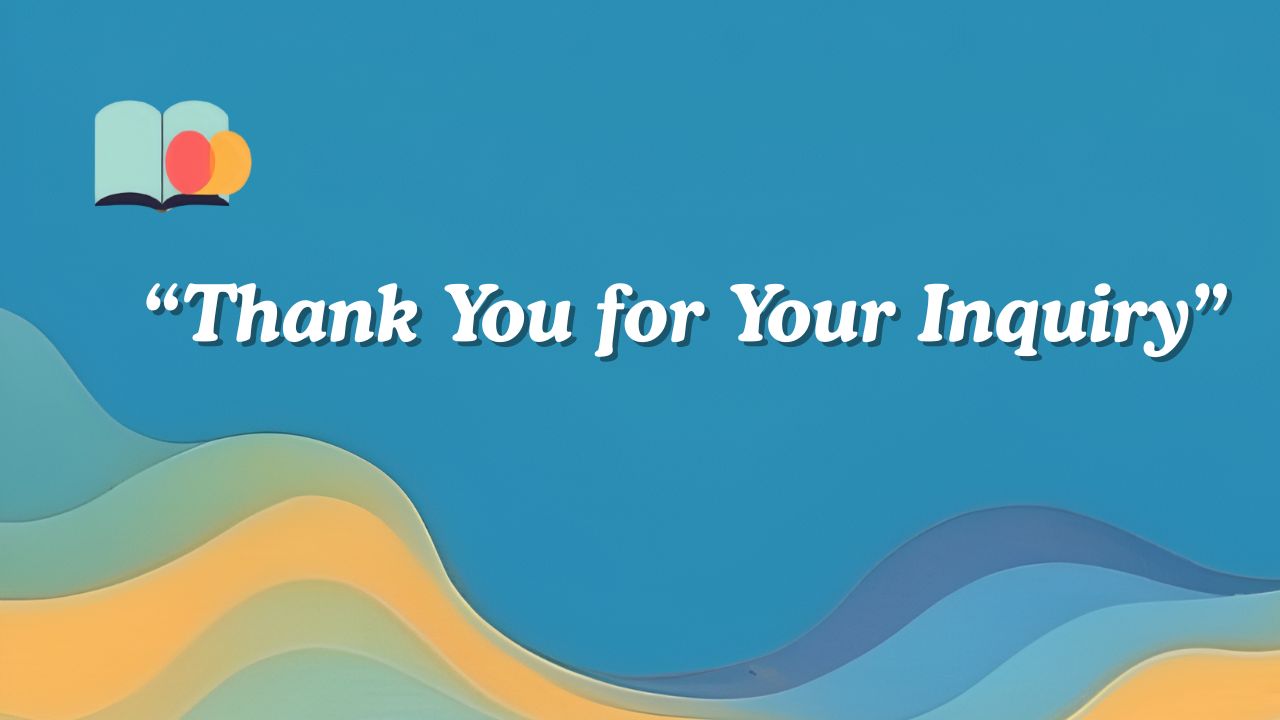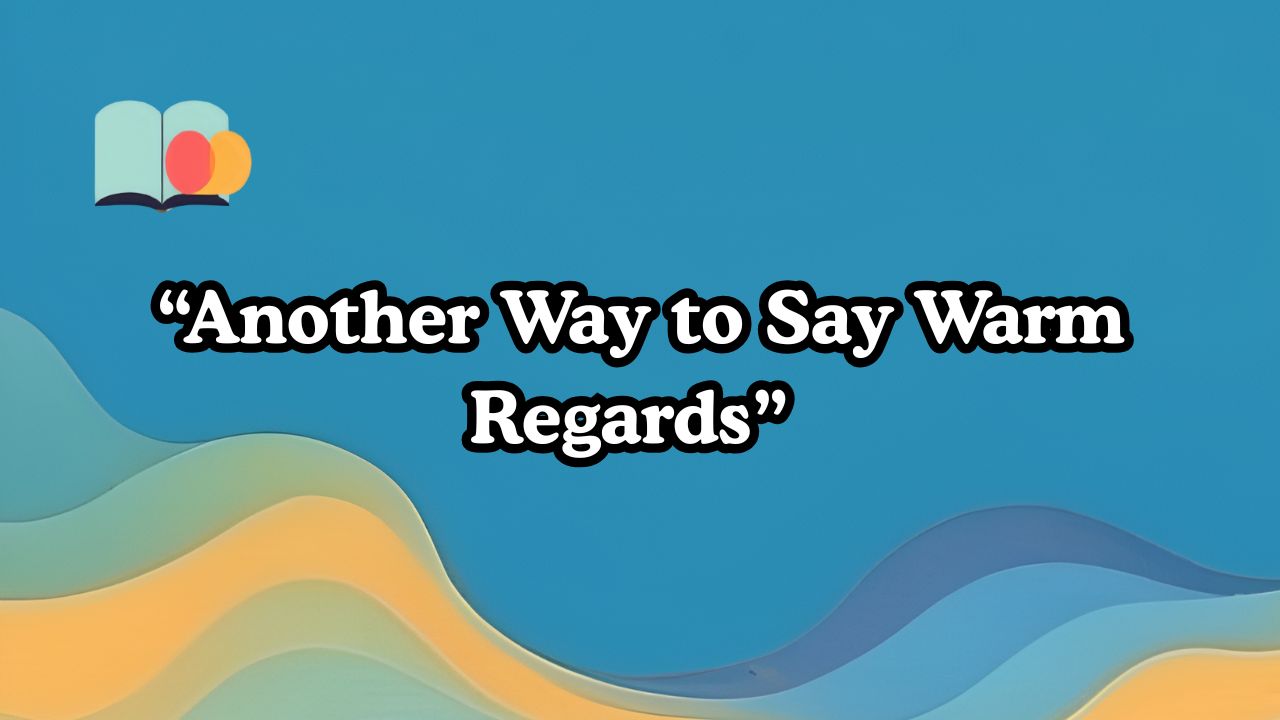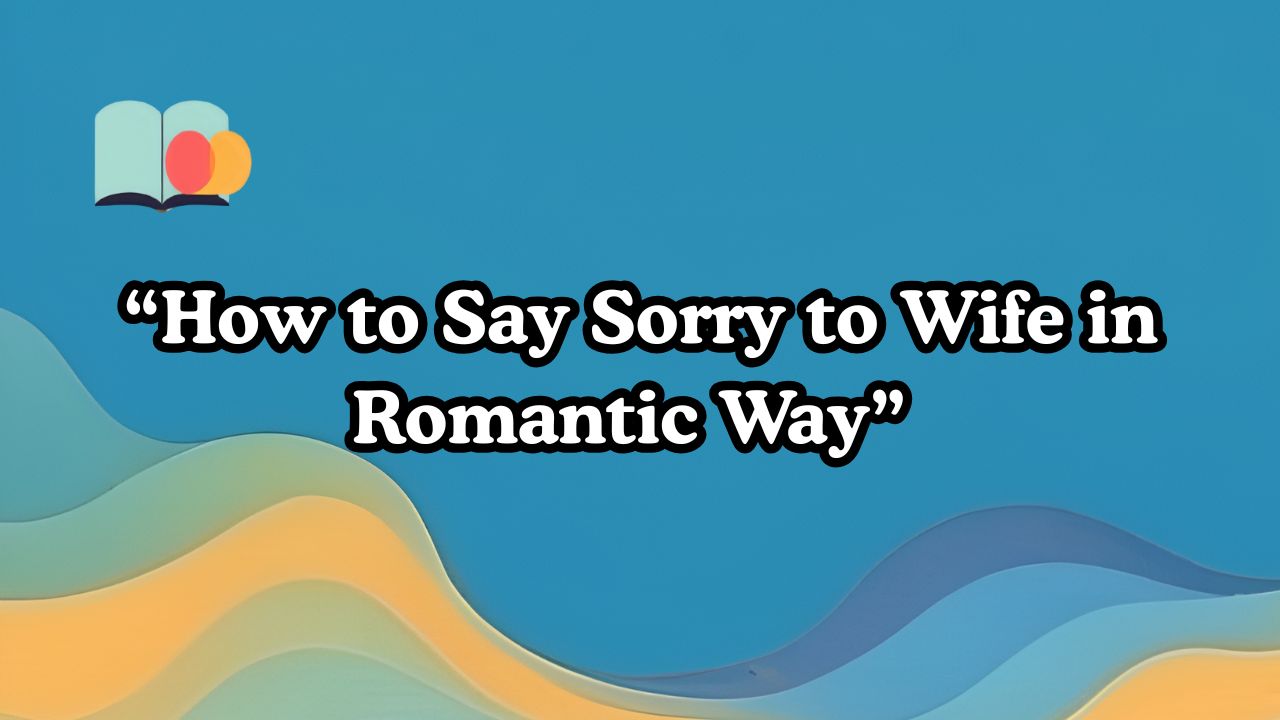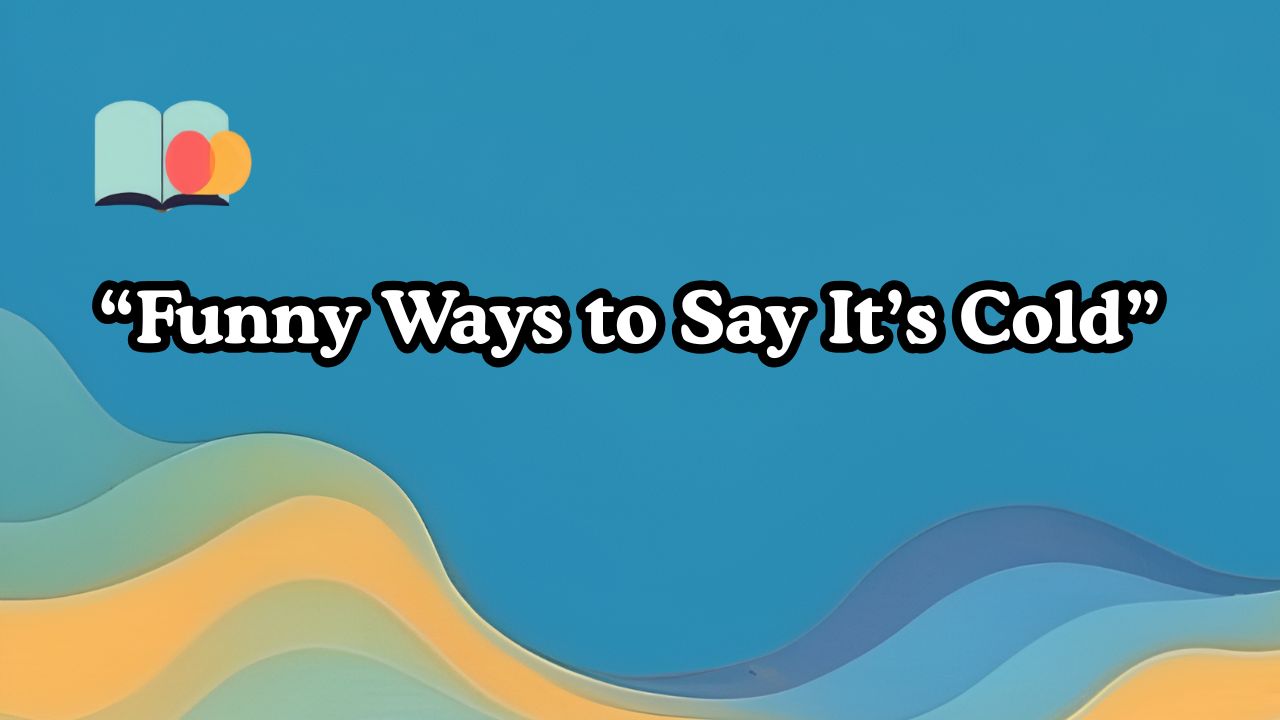Ever looked at your email and thought, “How do I reply without sounding like a robot?” Saying “Thank you for your inquiry” is nice but gets old fast. That’s when creative replies come in! They add warmth, professionalism, or even a bit of humor to your answers.
These phrases are useful in customer service, sales, or just for everyday emails. They help make connections better and keep things interesting. Plus, they show you really care, which can make a simple question into a lasting friendship.
For quick inspiration, here’s a snippet of top alternatives:
- Appreciate your interest: “We appreciate your interest in our services and will get back to you soon.”
- Grateful for reaching out: “We’re grateful for reaching out with your question—expect a detailed response shortly.”
- Thanks for getting in touch: “Thanks for getting in touch; we’re excited to assist you.”
- Pleased to hear from you: “We’re pleased to hear from you and look forward to providing the info you need.”
- Thank you for contacting us: “Thank you for contacting us—your inquiry is important to us.
Professional Alternatives to Thank You for Your Inquiry
In business, it’s all about being polished. These phrases say thank you while staying formal. They’re perfect for emails, client calls, or official letters. Look for a reply that fits your brand’s voice—subtle and respectful.
- We appreciate your query [Professional]: “We appreciate your query regarding our product line and will respond promptly.”
- Thank you for your interest [Formal]: “Thank you for your interest in our upcoming webinar; details are on the way.”
- We’re grateful for your question [Business]: “We’re grateful for your question about pricing—our team is reviewing it now.”
- Appreciate you reaching out [Corporate]: “We appreciate you reaching out with this detailed inquiry.”
- Thanks for inquiring [Polite]: “Thanks for inquiring about our services; we’ll provide a full overview soon.”
- Your inquiry is valued [Professional]: “Your inquiry is valued, and we’re committed to assisting you effectively.”
- Gratitude for your contact [Formal]: “We extend our gratitude for your contact and look forward to helping.”
- Pleased with your outreach [Business]: “We’re pleased with your outreach and eager to address your needs.”
- Thank you for the message [Corporate]: “Thank you for the message; our experts are on it.”
- We welcome your inquiry [Polite]: “We welcome your inquiry and appreciate the opportunity to serve you.”
- Appreciative of your note [Professional]: “We’re appreciative of your note and will circle back shortly.
- Thanks for your communication [Formal]: “Thanks for your communication—it’s been noted for quick action.”
- Grateful for the inquiry [Business]: “We’re grateful for the inquiry and excited to share more details.”
- Your question is appreciated [Corporate]: “Your question is appreciated, and we’ll ensure a thorough reply.”
- Thank you for engaging [Polite]: “Thank you for engaging with us; your input matters.”
These options are quick and polite, perfect for busy inboxes. Remember, adding specific next steps makes your replies more engaging.
Casual and Friendly Ways to Respond
Sometimes, a relaxed tone is better—like in social media DMs or casual emails. These friendly alternatives add personality without losing politeness. They’re great for building rapport in less formal settings, making your replies approachable and fun.
- Thanks for asking [Casual]: “Thanks for asking about that—I’ll shoot over the info right away!”
- Appreciate the shout-out [Friendly]: “Appreciate the shout-out with your question; got you covered.”
- Glad you reached out [Relaxed]: “Glad you reached out—let’s dive into your query.”
- Thanks for hitting us up [Informal]: “Thanks for hitting us up; we’re on it like glue.”
- Love that you inquired [Warm]: “Love that you inquired—expect a reply soon!”
- Cheers for the question [Casual]: “Cheers for the question; I’ll get back to you pronto.”
- Appreciate you dropping a line [Friendly]: “Appreciate you dropping a line—thanks for the curiosity.”
- Thanks for the ping [Relaxed]: “Thanks for the ping; your inquiry sparked our interest too.”
- Stoked about your message [Informal]: “Stoked about your message—let’s sort this out.”
- Grateful you got in touch [Warm]: “Grateful you got in touch; appreciate the vibe.”
- Thanks for the heads-up [Casual]: “Thanks for the heads-up on your question—reply incoming.”
- Appreciate the buzz [Friendly]: “Appreciate the buzz from your inquiry; we’re buzzing back.”
- Happy you asked [Relaxed]: “Happy you asked—it’s questions like yours that keep us going.”
- Thanks for connecting [Informal]: “Thanks for connecting with that inquiry; let’s chat more.”
- Dig your curiosity [Warm]: “Dig your curiosity—thanks for the inquiry!”
These keep things light and engaging, encouraging ongoing conversations. Use them when the inquiry feels personal or fun.
💡 Expert Tip: In casual responses, emojis like 👍 or 😊 can amplify friendliness, but skip them in professional contexts to avoid seeming unpolished.
Humorous and Playful Alternatives
Who says gratitude can’t come with a chuckle? Humorous twists on another way to say thank you for your inquiry work wonders for brands with a fun edge or light-hearted interactions. Just gauge your audience—humor shines in creative fields but might flop in serious ones.
- Thanks for the brain teaser [Humorous]: “Thanks for the brain teaser of an inquiry—our team’s pondering it now!”
- Appreciate the curveball [Playful]: “Appreciate the curveball question; we’ll hit it out of the park soon.”
- Grateful for the plot twist [Funny]: “Grateful for the plot twist in your message—stay tuned for the sequel.”
- Thanks for keeping us on our toes [Light-hearted]: “Thanks for keeping us on our toes with that inquiry!”
- Love the sneaky question [Humorous]: “Love the sneaky question— you’ve got us intrigued.”
- Cheers for the riddle [Playful]: “Cheers for the riddle; we’ll unravel it shortly.”
- Appreciate the zinger [Funny]: “Appreciate the zinger of an inquiry—reply coming with flair.”
- Thanks for the fun poke [Light-hearted]: “Thanks for the fun poke; we’re poking back with answers.”
- Grateful for the wildcard [Humorous]: “Grateful for the wildcard question—game on!”
- Dig the quirky query [Playful]: “Dig the quirky query; thanks for the laugh.”
- Thanks for the head-scratcher [Funny]: “Thanks for the head-scratcher—brains are in overdrive.”
- Appreciate the giggle-worthy ask [Light-hearted]: “Appreciate the giggle-worthy ask; we’ll respond with smiles.”
- Cheers for the surprise [Humorous]: “Cheers for the surprise inquiry—plotting our witty comeback.”
- Love that cheeky question [Playful]: “Love that cheeky question; you’ve brightened our day.”
- Thanks for the chuckle inducer [Funny]: “Thanks for the chuckle inducer—answers with extra fun.”
Humor can make your response memorable, but always ensure it’s inclusive and not sarcastic.
Formal and Academic Expressions
In scholarly or official contexts, like research queries or institutional emails, choose elevated language. These expressions show respect and intellect, making your thank you more sophisticated.
- We acknowledge your inquiry with thanks [Formal]: “We acknowledge your inquiry with thanks and will furnish a response forthwith.”
- Gratitude is extended for your query [Academic]: “Gratitude is extended for your query on this matter.”
- Thank you for your scholarly interest [Formal]: “Thank you for your scholarly interest; a detailed analysis follows.”
- We are obliged by your contact [Academic]: “We are obliged by your contact and appreciate the depth of your question.”
- Appreciation for your erudite question [Formal]: “Appreciation for your erudite question—research is underway.”
- Thanks for your discerning inquiry [Academic]: “Thanks for your discerning inquiry; we’ll provide detailed insights.”
- We value your intellectual outreach [Formal]: “We value your intellectual outreach and commit to a prompt reply.”
- Grateful acknowledgment of your message [Academic]: “Grateful acknowledgment of your message; thank you.”
- Thank you for your considered query [Formal]: “Thank you for your considered query—expert review pending.”
- We appreciate your learned correspondence [Academic]: “We appreciate your learned correspondence and its implications.”
- Obliged for the thoughtful inquiry [Formal]: “Obliged for the thoughtful inquiry; responses are being prepared.”
- Thanks for your profound question [Academic]: “Thanks for your profound question—engaging our best minds.”
- Acknowledgment with appreciation [Formal]: “Acknowledgment with appreciation for your inquiry.”
- Gratitude for your insightful contact [Academic]: “Gratitude for your insightful contact; further details to come.”
- We thank you for the erudition [Formal]: “We thank you for the erudition in your query.”
These suit environments where precision matters, like universities or legal firms.
✅ Best For: Formal alternatives shine in international communications, where cultural norms favor restraint over enthusiasm.
Comparison Table: Alternatives by Tone and Context
| Tone/Context | Example Phrase | Best Used In | Why It Works |
|---|---|---|---|
| Professional | We appreciate your query | Business emails | Builds trust without overfamiliarity |
| Casual | Thanks for asking | Social media DMs | Feels approachable and quick |
| Humorous | Thanks for the brain teaser | Creative industries | Adds personality and memorability |
| Formal | We acknowledge your inquiry with thanks | Academic papers | Conveys respect and seriousness |
| Friendly | Glad you reached out | Customer support chats | Encourages ongoing dialogue |
This table helps you pick the right fit at a glance, ensuring your response matches the situation.
Usage Tips for These Gratitude Expressions
Knowing how to say thank you is one thing. Using it right is another. Emails are formal, texts are casual. In work, add actions like “We’ll respond by tomorrow.”
Be careful with humor. It’s okay in light topics but not in serious ones. Know the culture you’re talking to. In some places, saying thanks too much is seen as too much. In the U.S., it’s okay.
⚠️ Mistake to Avoid: Don’t use too many ways to say thank you in one email. It feels forced. Use one or two for a natural feel.
Short paragraphs keep readers interested, even on phones. Bullet lists help too:
- Match tone to audience demographics.
- Use LSI terms like “polite acknowledgments” for variety.
- Test phrases in A/B email subjects for better open rates.
Frequently Asked Questions
What’s a professional alternative to “thank you for your inquiry”?
A good swap is “We appreciate your query.” It sounds nice and shows you value the sender. Example: “We appreciate your query and will provide updates soon.”
Are there funny ways to respond to an inquiry?
Yes! Say “Thanks for the brain teaser” for a fun twist. It’s perfect for casual brands: “Thanks for the brain teaser—our team’s cracking the code now!”
How do I say thank you for an inquiry in a formal email?
Use “We acknowledge your inquiry with thanks.” It’s good for school or work: “We acknowledge your inquiry with thanks and anticipate a fruitful discussion.”
What’s another casual way to say thank you for reaching out?
“Glad you reached out” is casual. Use it like: “Glad you reached out—let’s get your questions sorted!”
Can I use these phrases in customer service?
Yes—these phrases make customer service better. For example, “Appreciate you dropping a line” keeps things interesting.
Wrapping It Up: Spice Up Your Responses Today
Trying new ways to say thank you makes interactions better. From serious to funny, these options show you care. Whether it’s avoiding boring emails or building client relationships, a creative response can change everything. Next time someone asks, try something new and watch the good vibes grow!





